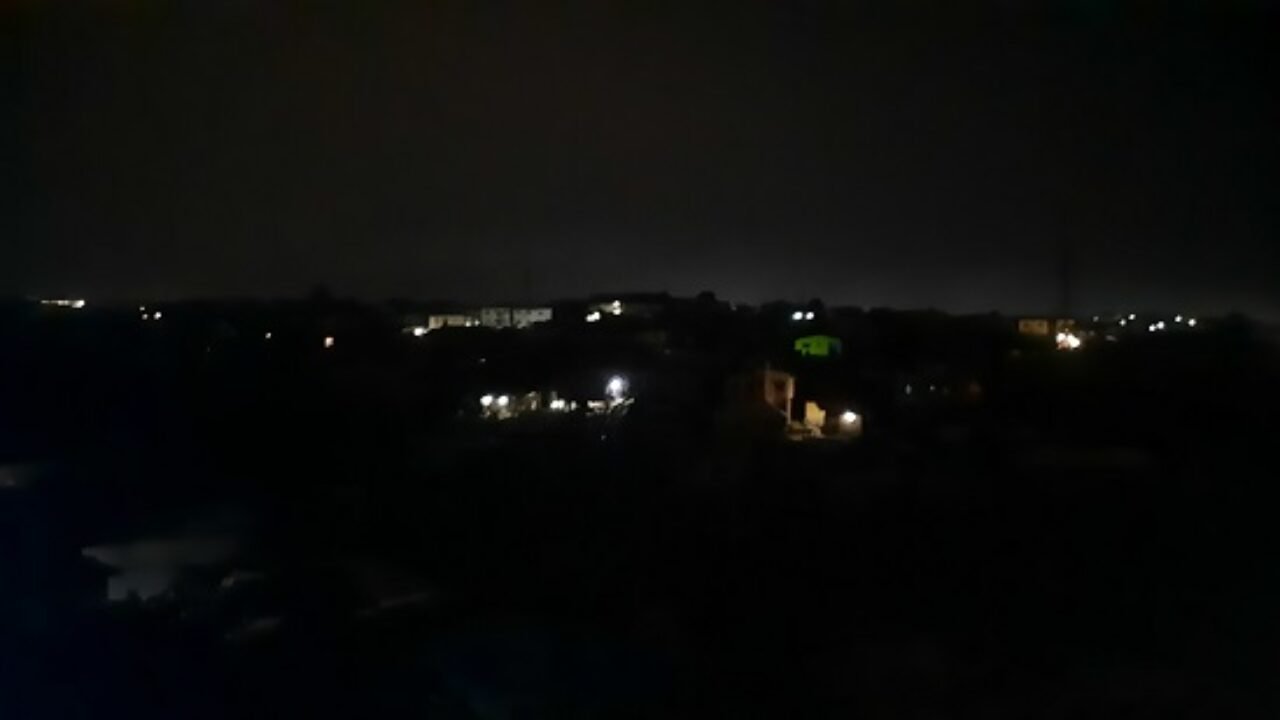The ghost of the hasty and shoddy privatization exercise of the electricity sector in 2013 emerged from last week to cause a total blackout across Nigeria on August 17, 2022. As a way of activating an industrial action, members of the National Union of Electricity Employees (NUEE) unplugged the 11 electricity distribution companies from the national grid, plunging the country into total blackout, to worsen the country’s perennial electricity problem. In the industrial action which lasted over a period of 24 hours, distribution companies claimed to have lost N3 billion in revenue. But that would be a far cry from the losses suffered by businesses, hospitals, and households who had to improvise with expensive diesel or petrol to generate power for that period.
The blackout was not just shameful, but it demonstrated government’s disregard for its economic consequences and how it endangered Nigeria’s physical security. Yet, it also illustrated the recklessness with which many unions in this country approach industrial disputes. In their various press statements, the NUEE said its action was in reaction to government’s failure to address outstanding issues that affect their members that lingered since 2013. Part of their grievances is the union’s claim that over 500 staff members of the old National Electric Power Authority (NEPA) laid off were being owed their entitlements, about a decade since the sector was sold to private entities by the Bureau of Public Enterprises. Over the years, the union protested this issue, picketed the Transmission Company of Nigeria (TCN) offices, and engaged in negotiations with the BPE on the payments, but promises made by government’s representatives were not fulfilled.
In addition to what they described as bitter fate suffered by some of their members, the union claimed the Head of the Civil Service of the Federation had issued a memo prohibiting new employment of former employees of NEPA in any company or public sector. According to the Secretary-General of NUEE, Joe Ajaero, “This directive is in contravention of our conditions of service and career progression paths, and unilaterally done without the relevant stakeholders.” The union claimed the new policy was discriminatory, because the bulk of the current staff of electricity companies in Nigeria were staff of the defunct NEPA. However, for many Nigerians, the NUEE threw the nation into darkness in a bid to avoid a promotion exam for its staff at the TCN, which, they claimed, was uncalled for.
We condemn the blackout and the fact that Nigerians are made to suffer a total blackout due to the failure of the parties to the industrial dispute to use available legal and administrative instruments to sort out their differences. Three years ago, in 2019, the union had thrown the country into total darkness for about 12 hours, protesting the same issue. With the intervention of the National Assembly, Ministry of Labour and Productivity and other stakeholders in the power sector, electricity was restored, but the grouse of the labour union was not attended to, in spite of the promise to resolve them.
As argued by the FCT Branch Chairman of NUEE, Godfrey Abah, “As citizens and as labour union, we want supply to be everywhere, but you know that the only weapon we have is to withdraw our service and that is what we have done. We have withdrawn our service to enable government attend to our needs and do what is right. The ball is in the court of government and they know what to do. We are ready for negotiation.” However, we call on the labour union to resort to other available legal measures to demand for compensation for their members instead of using their privileged opportunity of access to the national grid to hold the country to ransom. It is totally unpatriotic and an act of sabotage. Electricity workers must appreciate that their line of work is an essential service for the country, and therefore, cannot rust to go on strike on the flimsiest opportunity.
It is very unfortunate that Nigerians are made to suffer total blackout when government promised to provide constant electricity as from July 1, 2022, as measures have been put in place to boost power transmission to 5,000 megawatts per day. This target has not been met, yet the national grid was shut down over an unnecessary industrial dispute. The Minister of Labour and Productivity, Dr Chris Ngige, met with the union’s leadership to broker a deal. The strike was suspended for two weeks, to give government the opportunity to meet the union’s demands.
The government and the union must work together to ensure that another blackout does not occur after two weeks. Nigerians have suffered a lot from the warped privatization of the sector, as over N2 trillion public funds have been sunk into it, yet power generation and transmission has not exceeded the 4,000 megawatts record in 2013. The labour union must not throw the country into darkness again.

 Join Daily Trust WhatsApp Community For Quick Access To News and Happenings Around You.
Join Daily Trust WhatsApp Community For Quick Access To News and Happenings Around You.


